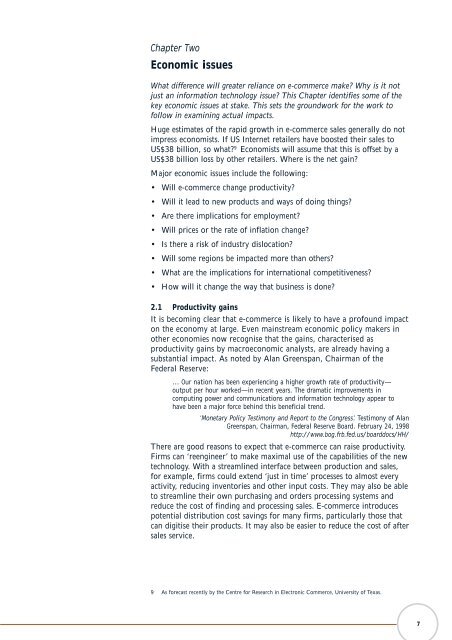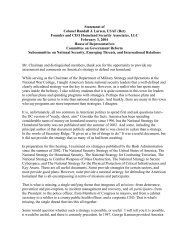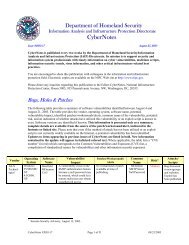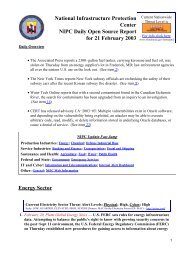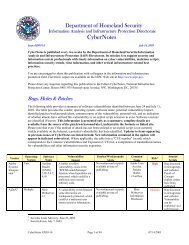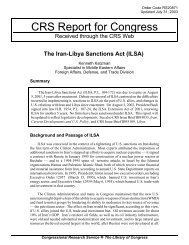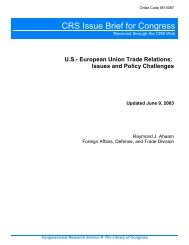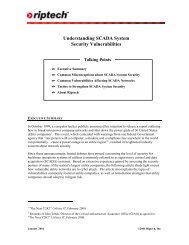beyond pt 0 23/1
beyond pt 0 23/1
beyond pt 0 23/1
You also want an ePaper? Increase the reach of your titles
YUMPU automatically turns print PDFs into web optimized ePapers that Google loves.
Cha<strong>pt</strong>er Two<br />
Economic issues<br />
What difference will greater reliance on e-commerce make? Why is it not<br />
just an information technology issue? This Cha<strong>pt</strong>er identifies some of the<br />
key economic issues at stake. This sets the groundwork for the work to<br />
follow in examining actual impacts.<br />
Huge estimates of the rapid growth in e-commerce sales generally do not<br />
impress economists. If US Internet retailers have boosted their sales to<br />
US$38 billion, so what? 9 Economists will assume that this is offset by a<br />
US$38 billion loss by other retailers. Where is the net gain?<br />
Major economic issues include the following:<br />
• Will e-commerce change productivity?<br />
• Will it lead to new products and ways of doing things?<br />
• Are there implications for employment?<br />
• Will prices or the rate of inflation change?<br />
• Is there a risk of industry dislocation?<br />
• Will some regions be impacted more than others?<br />
• What are the implications for international competitiveness?<br />
• How will it change the way that business is done?<br />
2.1 Productivity gains<br />
It is becoming clear that e-commerce is likely to have a profound impact<br />
on the economy at large. Even mainstream economic policy makers in<br />
other economies now recognise that the gains, characterised as<br />
productivity gains by macroeconomic analysts, are already having a<br />
substantial impact. As noted by Alan Greenspan, Chairman of the<br />
Federal Reserve:<br />
… Our nation has been experiencing a higher growth rate of productivity—<br />
output per hour worked—in recent years. The dramatic improvements in<br />
computing power and communications and information technology appear to<br />
have been a major force behind this beneficial trend.<br />
‘Monetary Policy Testimony and Report to the Congress.’ Testimony of Alan<br />
Greenspan, Chairman, Federal Reserve Board. February 24, 1998<br />
http://www.bog.frb.fed.us/boarddocs/HH/<br />
There are good reasons to expect that e-commerce can raise productivity.<br />
Firms can ‘reengineer’ to make maximal use of the capabilities of the new<br />
technology. With a streamlined interface between production and sales,<br />
for example, firms could extend ‘just in time’ processes to almost every<br />
activity, reducing inventories and other input costs. They may also be able<br />
to streamline their own purchasing and orders processing systems and<br />
reduce the cost of finding and processing sales. E-commerce introduces<br />
potential distribution cost savings for many firms, particularly those that<br />
can digitise their products. It may also be easier to reduce the cost of after<br />
sales service.<br />
9 As forecast recently by the Centre for Research in Electronic Commerce, University of Texas.<br />
7


